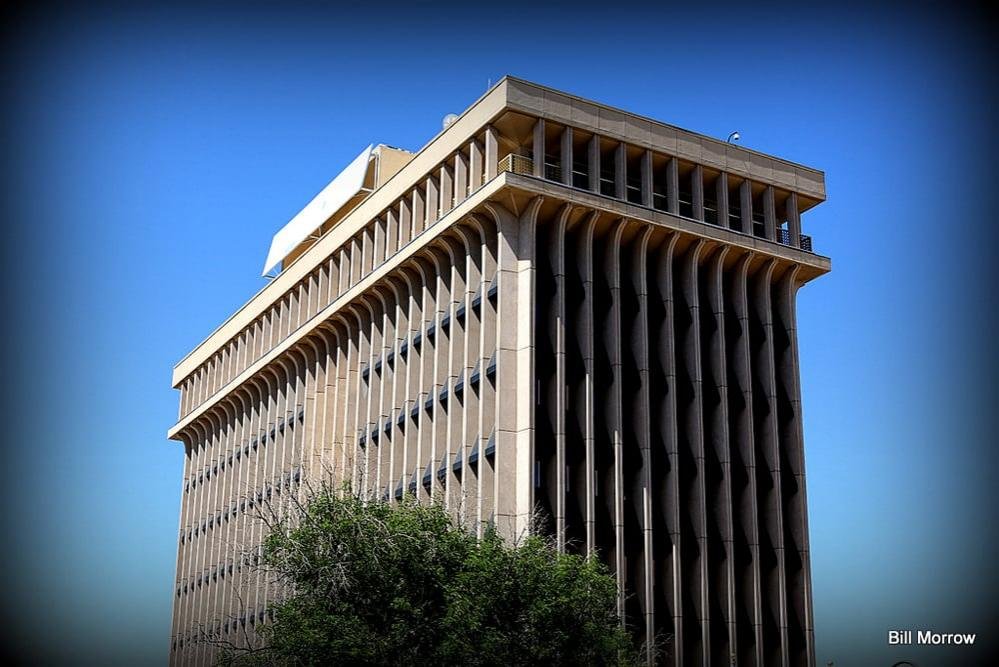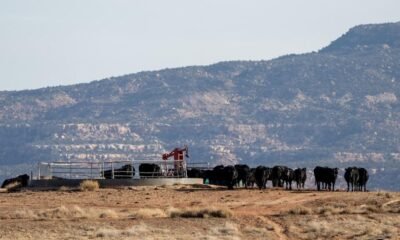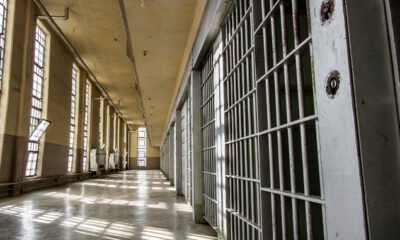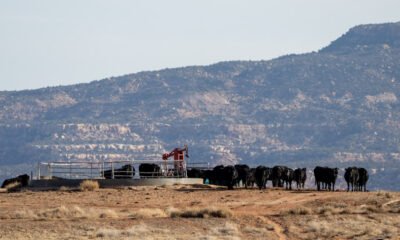arizona
Tucson Gears Up for Half-Cent Sales Tax Boost to Enhance Public Safety, Housing, and Parks

Tucson City Council is considering a proposal to introduce a new half-cent sales tax during a special election slated for March 11, 2025. This initiative aims to fund critical areas such as public safety, affordable housing, and park improvements, potentially yielding an estimated $800 million over the next decade.
If approved, this tax would increase the city’s sales tax to 9.2%, adding 0.5% to every transaction within city limits for a ten-year period. City Manager Tim Thomure outlined the allocation of tax revenue across five key sectors: 17.5% for affordable housing and shelter, 16.75% for neighborhood resilience, 22.75% for enhanced emergency response, 12.25% for technology improvements, and 30.75% for capital investment in first responders.
The Tucson City Council is set to officially vote on whether to place this measure on the ballot during its meeting on September 11, 2024. The tax is projected to generate approximately $80 million annually, though this estimate may be conservative, according to Thomure.
Thomure emphasized the urgency of the measure, clarifying that it represents a new tax and not an extension of an existing one. He referenced successful previous tax initiatives, such as the 2017 Prop. 101, which raised funds for public safety and infrastructure improvements.
The proposed tax is not intended to conflict with any efforts regarding the Regional Transportation Authority (RTA). Thomure stressed that discussions with RTA officials are productive, aiming to align city needs with broader transportation goals across Pima County.
Significantly, the city has faced challenges in recent years due to legislative changes, including a reduction in local tax collections and the impact of a flat income tax. In Fiscal Year 2025, Tucson’s share of state-shared revenues is expected to decline by nearly 19%, equating to a loss of $27.4 million.
Councilmember Paul Cunningham articulated the primary focus of the proposed tax as enhancing community safety and wellness, distinct from transportation needs. However, he did not dismiss future considerations for specific transportation-related tax initiatives, contingent upon negotiations with surrounding jurisdictions.
Previously, the City Council had contemplated a sales tax proposal for the summer primary elections but ultimately decided against it. The Attorney General’s Office provided an opinion that allowed for a special election, underscoring Tucson’s unique status as a charter city exempt from certain state regulations.


















